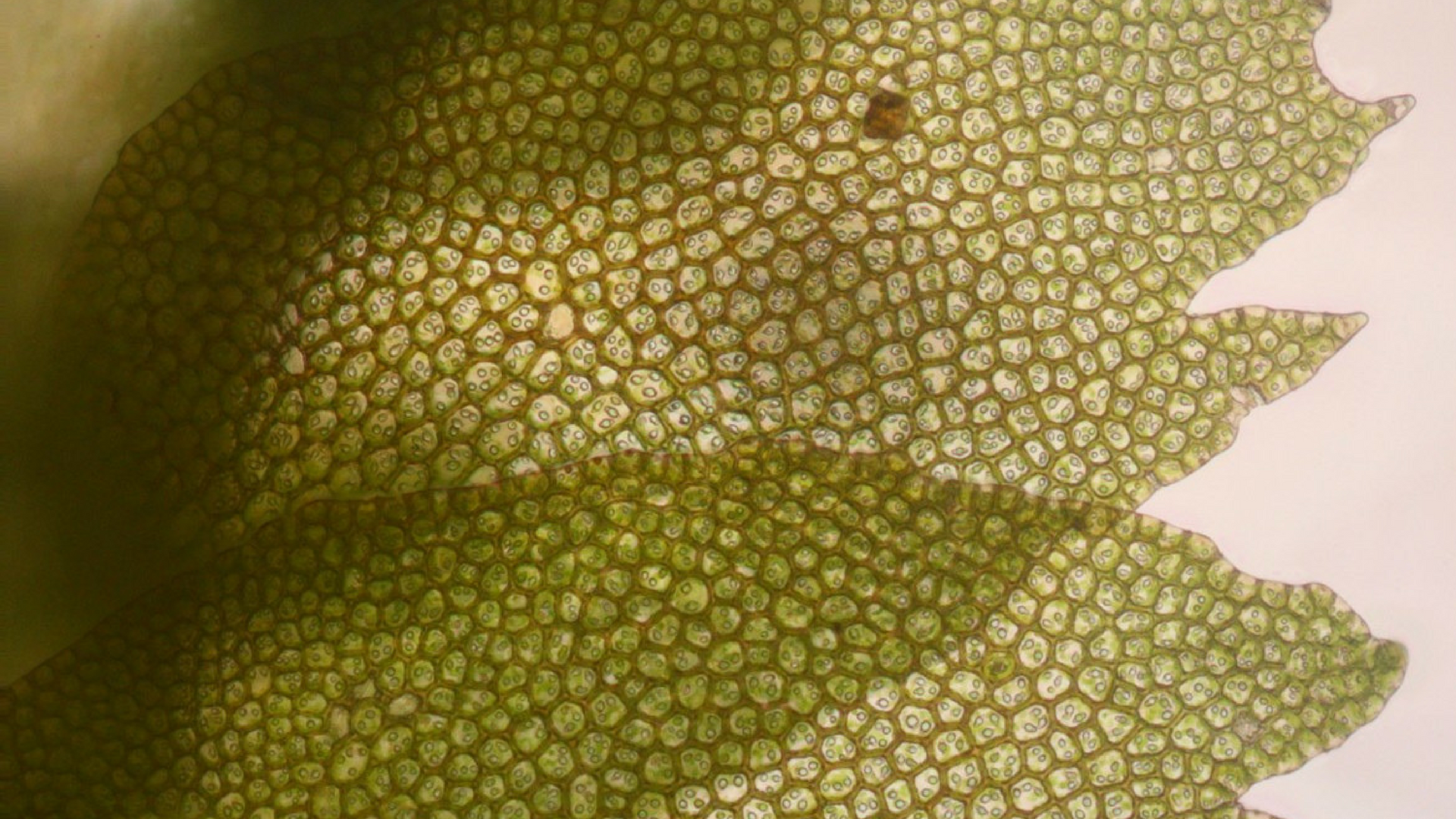
Institute of Plant Sciences of Paris-Saclay
Présentation
At IPS2, we want to better understand the molecular and genetic mechanisms controlling plant growth and their regulation by endogenous and exogenous signals of biotic and abiotic origins.
Analysis of these mechanisms is conducted in an integrated manner at cellular, organ and whole plant levels.
IPS2 will apply multidisciplinary approaches (combining genomics, molecular and cellular biology, bioinformatics, biochemistry, genetics, physiology) and also develop tools (including bioinformatics and modelling) required to provide more predictive knowledge and facilitate "translational" research between model species and crops.
Thèmes de recherche
Researches at ISV overall aim at understanding the molecular mechanisms involved in plant development and growth, and the modulation of these processes by endogenous (e.g. hormones) or exogenous factors of both biotic (bacteria, viruses) and abiotic (osmotic and water-related stresses) origins.
Molecular, biochemical, biophysical, cellular and genetic approaches are developed to study these mechanisms and integrate them within a continuum of scales that range from sub-cellular compartments to the cell, and from the organs to the whole plant interacting with its environment. Around this central theme, three main axes cover cell compartmentation, development and hormone signaling, and plant-microbe interactions.
Most investigations involve the model systems Arabidopsis thaliana and Medicago truncatula.
· Objectives : To decipher the mechanisms controlling plant development and adaptation to environmental constraints.
· Methods :
♦ Greenhouses and growth chambers for plant culture (including S2 and S3 confinement for genetically modified plants)
♦ Imaging and cell biology platform (IFR 87 and Imagif-FRC3115) (epifluorescence and confocal microscopy, transmission electronic microscopy, flow cytometry, optical microsurgery and micromanipulation)
♦ Protein biochemistry (HPLC, FPLC, 2D electrophoresis)
♦ Electrophysiology (patch-clamp, voltage-clamp)
♦ Two ISV research teams serve as support teams for platforms of the Imagif facility (http://www.imagif.cnrs.fr/): the team of B. Satiat-Jeunemaitre for the platforms of Microscopy (photonic and electronic) and Cytometry, and the team of C. Giglione for the Service of Identification and Characterization of Proteins by Mass Spectrometry.
Equipes de recherche
Team 1 : C. Giglione-Meinnel (Protein maturation, cell fate and therapeutics)
Team 2 : S.Thomine (Integrated ion transport: from molecular mechanism to responses to environmental constraints)
Team 3 : B. Satiat-Jeunemaitre (Dynamics of cell compartmentation)
Team 4 : M. Crespi (Regulatory RNAs)
Team 5 : F. Frugier (Legume root architecture)
Team 6 : J. Leung (Abscisic acid signaling and drought adaptation in plants)
Team 7 : C. Perrot-Rechenmann (Auxin perception and signalling)
Team 8 : D. Faure (Rhizosphere Ecology)
Team 9 : E. Kondorosi (Cell Differentiation in the Legume-Rhizobium Symbiosis)
Team 10 : P. Ratet (Genetic control of the Rhizobium-Medicago truncatula symbiosis)
Team 11 : B. Gronenborn (Single-Stranded DNA Plant Viruses)
Equipements
Plateforme Interactomique
Plateforme Métabolomique
Plateforme Transcriptomique
Biologie Translationnelle
Autres contacts
Bâtiment 630, rue de Noetzlin
Plateau du Moulon
91190 - Gif-sur-Yvette
